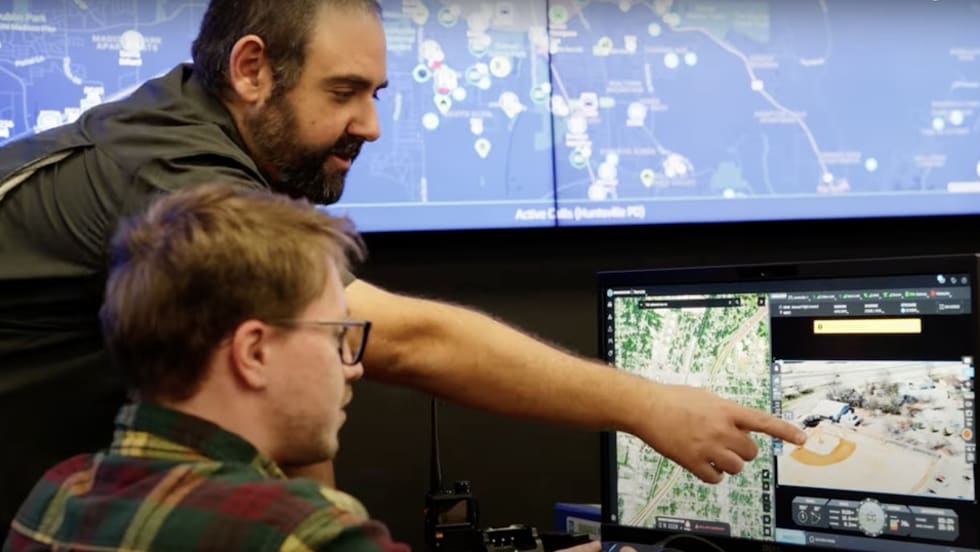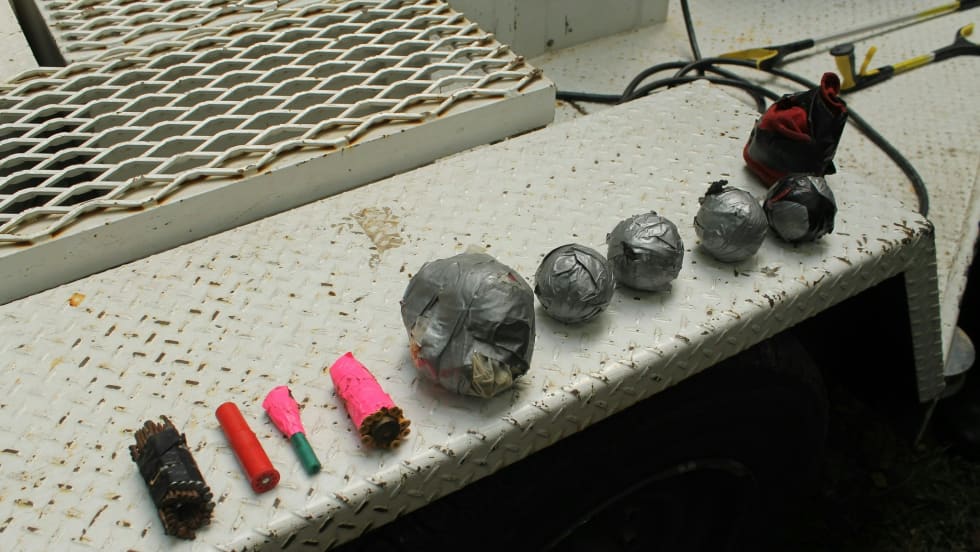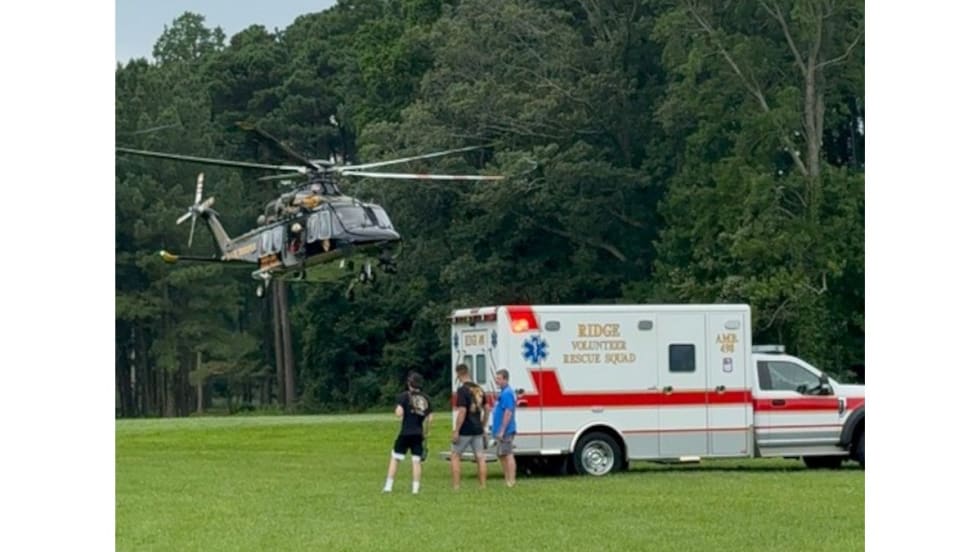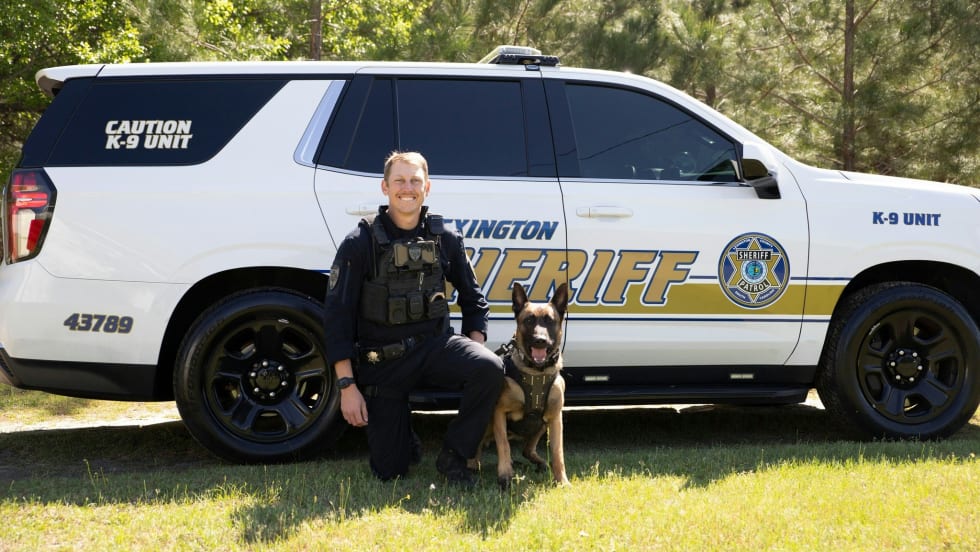A Florida appeals court has ruled that a drug dog's alert wasn't enough to justify a car search because the dog couldn't tell the difference between medical and illegal marijuana.
The ruling by a three-judge panel of the 5th District Court of Appeal in a Lake County case could add complexity to police searching vehicles without obtaining warrants, according to a WUFT article.
A September 2020 Groveland police stop of a speeding Lyft, with non-functioning tag lights, initiated the case. The officer brought in a drug-sniffing dog, Polo, which alerted to drugs when it walked around the car, the article said.
A car search uncovered marijuana, crack cocaine, ecstasy, and methamphetamine, leading to the arrest of passenger Stephon Ford, the ruling noted. The article said Ford tried to get the evidence suppressed by arguing the dog could not differentiate between illegal marijuana and medical marijuana or hemp.
A circuit judge refused to suppress the evidence, but the appeals court backed Ford’s argument, WUFT noted. While other drugs were also found, the appeals court said it is possible that Polo alerted to marijuana in the bag, which was not medical marijuana.
“At the time when Polo alerted to a target substance in the Lyft vehicle, the police officers had no way of knowing whether Polo had detected an illegal substance (marijuana, cocaine, heroin, or methamphetamines) or a legal substance, namely the THC in hemp or medical marijuana that was properly prescribed and in the possession of a bona fide medical marijuana card holder. … Whether the substance Polo smelled was legal or illegal was not readily apparent, and thus his alert, alone, could not provide the probable cause needed to justify a warrantless search,” Chief Judge James Edwards wrote in the appeals court’s main opinion.
Judge Jordan Pratt wrote a concurring opinion that said “dogs trained to alert on cannabis can no longer provide the sole basis for a stop or search.” Pratt also said police could continue to use alerts by drug-sniffing dogs to provide a basis for searching cars, the article noted.
“An alert by a dog trained not to alert to cannabis — or to alert to cannabis differently than it alerts to other drugs — can still on its own supply probable cause,” Pratt wrote. “And for another thing, even without such canine training, an undifferentiated alert can supply probable cause when combined with an officer’s questions ruling out the presence of lawful cannabis. Officers easily can be trained to ask such questions in conjunction with a dog’s undifferentiated alert.”












